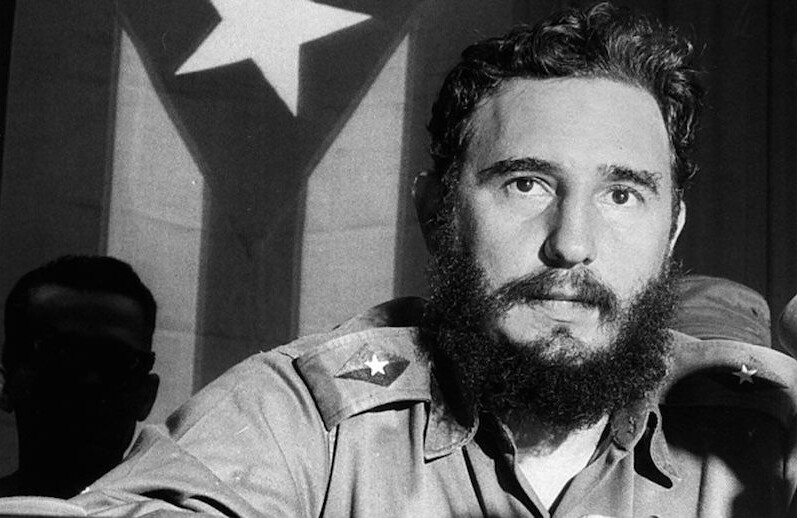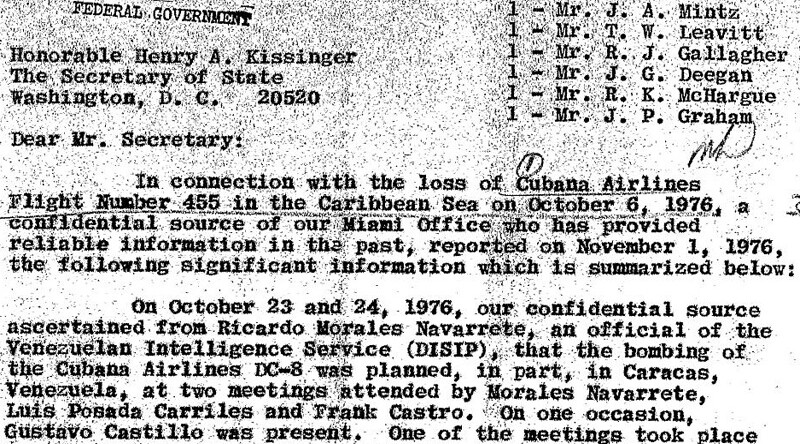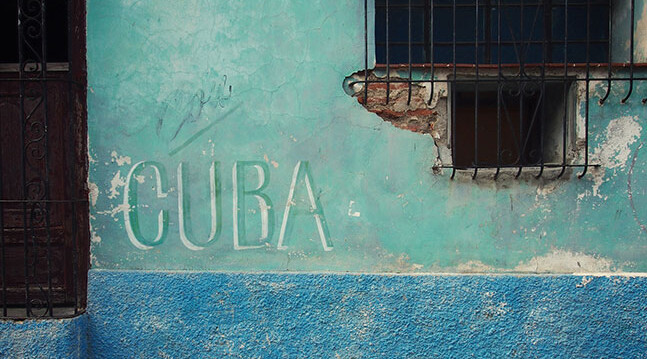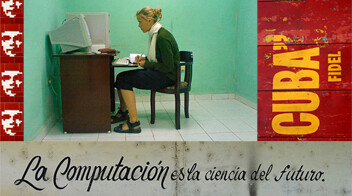This May 1961 editorial in Worldview magazine was in response to the disastrous Bay of Pigs Invasion of Cuba, which took place on April 17, 1961, just a couple of months after President Kennedy took office in January.
WORLDVIEW magazine ran from 1958-85 and featured articles by political philosophers, scholars, churchmen, statesmen, and writers from across the political spectrum. Find the entire archive online here.
A magic that surrounded the first weeks of Mr. Kennedy's administration was ended on the beaches of Cuba. A myth that for many years has carried America's image of itself was ended there, too. The magic that transfigured the new President was the magic of success; the myth in which America saw itself was the myth of omnipotence. We have now rudely learned that this administration, for all its style, can blunder hopelessly, just as this nation, for all its power, can fail miserably. And however humiliating the experience, the learning of these lessons may have been indispensable for the survival of us all.There can be little doubt that—for reasons more of style than of substance—too much was expected of the new administration in its early days. It was this which, for many, made the Cuban failure most bitter. In Europe especially, among our closest allies, the Kennedy magic was widely effective. That most responsible of British journals, The Economist, warned in late January against too high hopes now that Mr. Kennedy and his associates had come to power. And, more in sorrow than in anger, the British New Statesman titled its editorial on our Cuban adventure "The Fallen Angels."
But while the magic which enchanted so many was unreal, the myth which deluded so many was dangerous. This was the "do something" myth that has haunted us in our dealings with Communism during the past decade—from the days of our slogans about "liberation" down to Mr. Kennedy's campaign demands that America should speedily engineer Dr. Castro's downfall.
As a people, we react favorably to such myths; they conform to a tradition which promises Americans that what they want they can get—merely for the asking. Now we may finally have learned in Cuba what we should have learned in Hungary: that in the world today there exist situations which, no matter how distasteful and dangerous, may yet have to be endured—because the alternatives to them are more distasteful and more dangerous still. We have had, for many years, to live with the fact of Eastern Europe; we may have to live, for some years, with the fact of Castro's Cuba.
The alternative to the myth of our omnipotence is not, of course, despair. The fact that we cannot do everything does not mean we can do nothing. Our choice is not stated in the polarities of intervention or isolation. Between them lies a large world of political and economic maneuver where much can be accomplished— not as quickly as some of us might wish, but more effectively than many of us might expect. It is to increased activity in this political-economic world that the lessons of Cuba should point.
The moral disgrace of our Cuban adventure was not that we intervened, but that we intervened foolishly. To apply a seemingly cynical but essentially wise political adage: our action here was worse than a crime, it was a mistake. This nation cannot retire to some new, liberal version of a fortress America. There will be times when intervention—even large-scale military intervention—may be demanded of us, and we must be prepared for this. But more often we may be called upon to avoid the temptation of direct intervention in order to pursue the more demanding task of indirect, political-economic warfare.
Only those blinded by an ideology of the Left can continue to think of Fidel Castro as a "reformer;" but only those blinded by an ideology of the Right can still think the Cuban masses wish to be liberated from his rule through force of American arms. And so, while we can have no illusions about the nature of the Castro regime, we can have no illusions about its popular basis.
What we should have learned from the Cuban catastrophe, then, is a realism which was lacking in us before. This is not the "realism" either of the military interventionist or of the "liberal'' who would have us come to terms with the tyrannies of the Left. It is rather the realism of that political wisdom which knows what we cannot do as well as what we can do, and what the proper direction and times for action are.



